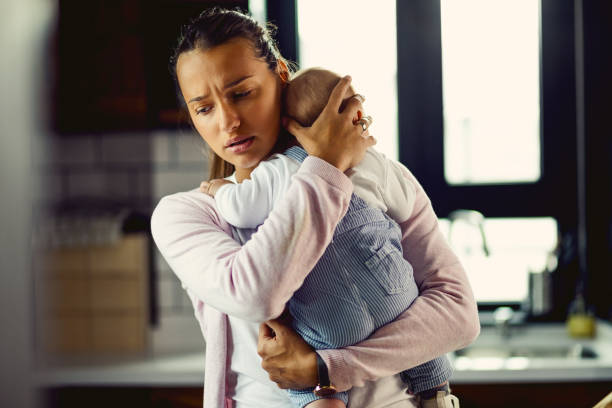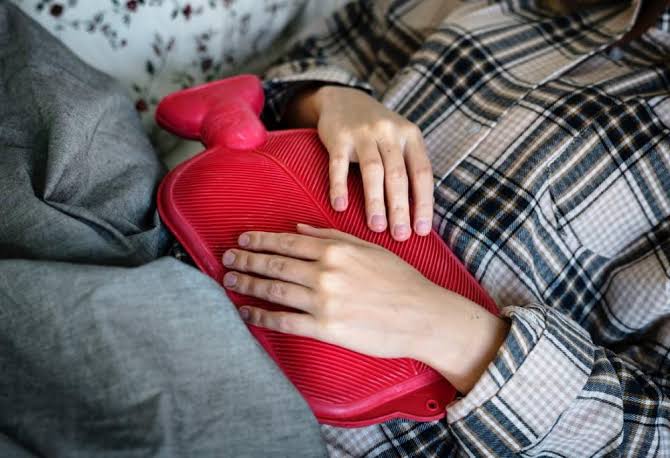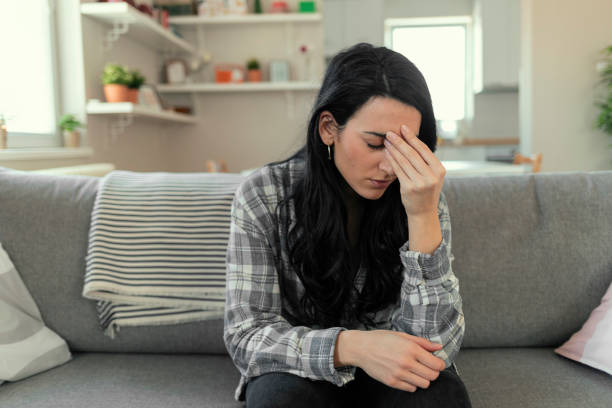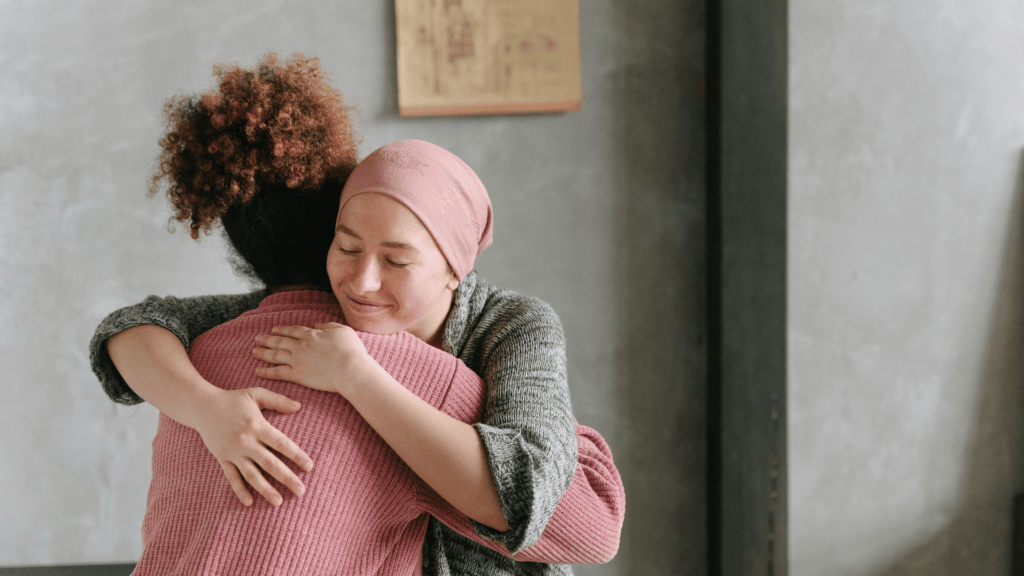
Perinatal depression

Perinatal depression
Perinatal depression is the psychological distress experienced during or after pregnancy. The depression
that develops during the pregnancy is termed prenatal depression. Postpartum
depression begins after childbirth.
I have always wondered why some mothers are cruel to their children. It baffles me how a mother can kill her child. I am not going to justify such horrible deeds by chalking it up to perinatal depression. But sometimes, it does contribute to the indifferent attitude a mother feels towards her child.
When a woman becomes pregnant, everyone tends to care for her physical well being. Even various programmes are conducted in developing countries to ensure that the expectant mother and her foetus receive the right level of nutrition. But they tend to overlook the emotional or psychological well being of the expectant mother.
Pregnant women experience mild mood swings, exhaustion and anxiety issues in the first two weeks after the birth of a baby.
However, if the symptoms do not disappear after two weeks, it could be Postpartum depression. Have you ever felt that you are a terrible mother, despite working hard to keep the child safe and happy? A mother suffering from postpartum depression often thinks that she is not a good mother and feel guilty.
These thoughts stem from your postpartum depression. It does not mean that you are a bad mother.
“Postpartum depression makes a woman feel like she is in the grip of something dreaded and dark, and it’s scary. . . but she’s likely ashamed to admit it because she can’t explain it!”
― Judy Dippel, Breaking the Grip of Postpartum Depression: Walk Toward Wellness with Real Facts, Real Stories, and Real God
Symptoms
- Feeling of hopelessness
- Trouble in bonding with the child·
- Serious mood swings·
- A drastic change in appetite and sleep·
- Constantly thinking about hurting yourself or others
- Suicidal thoughts
- Social isolation.
Causes
You are likely to develop postpartum depression if you have a history of depression before pregnancy or a family history of mood swings.
If you are going through a stressful working atmosphere, you might be at an increased risk of postpartum depression.
Becoming a mother at a young age might be overwhelming for some women. It increases the risk of postpartum among young mothers.
Marital conflicts during pregnancy also is a crucial factor responsible for postpartum depression. The situation exacerbates if you do not get the much needed emotional support during this time.
The drastic drop in the levels of estrogen and progesterone after childbirth contribute to postpartum depression.
New mothers might hardly get time for a night of proper sleep as they have to take care of the baby round the clock.
Your body and mind feel exhausted and sloppy if you do not get enough sleep, not to mention, it might result in depression.
Getting help at the right time is necessary to overcome postpartum depression. When should you seek professional help?
1. If you do not start feeling better even after two weeks of childbirth, it is time to consult a psychiatrist.
2. Cannot do your daily jobs properly
3.If you fail to bond with your child
4.Excessive crying spells for no particular reason.
5. Urge to harm your child or yourselves.
Postpartum depression treatments
- Antidepressants or anti-anxiety medications Doctors usually recommend antidepressants to reduce symptoms of postpartum depression.
2. Psychotherapy Psychotherapy is an effective treatment for postpartum depression. It involves talking to mental health professionals, such as psychiatrists, psychologists about your concerns and fears.
Postpartum Psychosis
Some women experience a severe mental
illness called postpartum psychosis after childbirth. In such cases, the mother
would have hallucinations and delusions, causing them to lose touch with
reality.
Postpartum psychosis requires
immediate medical attention and medication. On some occasions, they get
admitted to the hospital, as they tend to turn violent and hurt others or
themselves.




